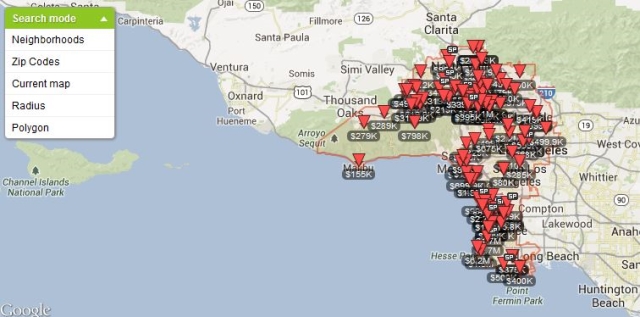The rise and advancement of digital technology and intellectual property has also inspired the rapid evolution of privacy law. The interconnectedness brought on by the internet and globalization efforts have made privacy law issues a common concern for individual citizens, small businesses, large corporations and governments.
In its most basic terms, privacy law refers to the group of laws that deal with the regulations that govern personal information and data about individuals, which can be collected by governments and other public and private organizations. These laws not only cover the collection of data, they also address the storage and use of this sensitive information.
In an effort to ensure laws keep pace with the constantly changing digital world, governments around the world are routinely revising, amending and adding to laws that protect the sensitive information of residents.
Though privacy laws are intended to provide a shield of security for cyber citizens and their data, savvy hackers and cyber criminals are still able to gain access to millions of dollars of ill-gotten money through cybercrime.
Despite Canada introducing brand new, wide-sweeping privacy legislation in 2014, legislation known as Bill S-4, critics still believe the country needs to do more for its citizens. Earlier this month, Catherine Tully, the Nova Scotian privacy commissioner, issued a report blasting the province for not being more proactive and communicative about privacy breaches at a government level.
In particular, her report highlights the weak protections for Nova Scotians who may be victims of privacy breaches. “They happen in every organization and public body across the country,” she wrote. “The causes are varied but they include human error, technical errors and criminal attacks.”
Tully is calling for increased transparency and a realistic approach to handling cyber breaches and crime. “I am increasingly concerned that Nova Scotians are not hearing about privacy breaches,” Tully said at a press conference following the report.
On the other side of the country, at Vancouver Island University (VIU), business law professor Dana Collette says she has seen a dramatic increase in students’ interest in privacy law.
Dana Collette, who developed the country’s first university law network aimed at uniting students and alumni who share a common interest in a future in law, has seen an increase in students curious about law, but not wanting to practice.
“Students see how the law is a multidisciplinary study that overlaps into other disciplines,” said professor Dana Collette. “Students have been coming to me asking about law school and options for studying law, which has contributed to the growth of the VIU Law Network.”
Now in its 10th year, the VIU Law Network has become a valuable resource for students and alumni.
Professor Collette hopes as more university students study privacy law issues then graduate and go on to work in the government and other sectors, we will see more nuanced and effective privacy laws and policies.
In the meantime, Canada’s citizens and citizens across the globe should be vigilant with their online information and who they share it with. Citizens should also take charge by reviewing and ensuring they are fully versed on the privacy laws that protect them in their state and country.
This post has been sponsored by Kate Young; image by Owen Moore, CC BY 2.0










